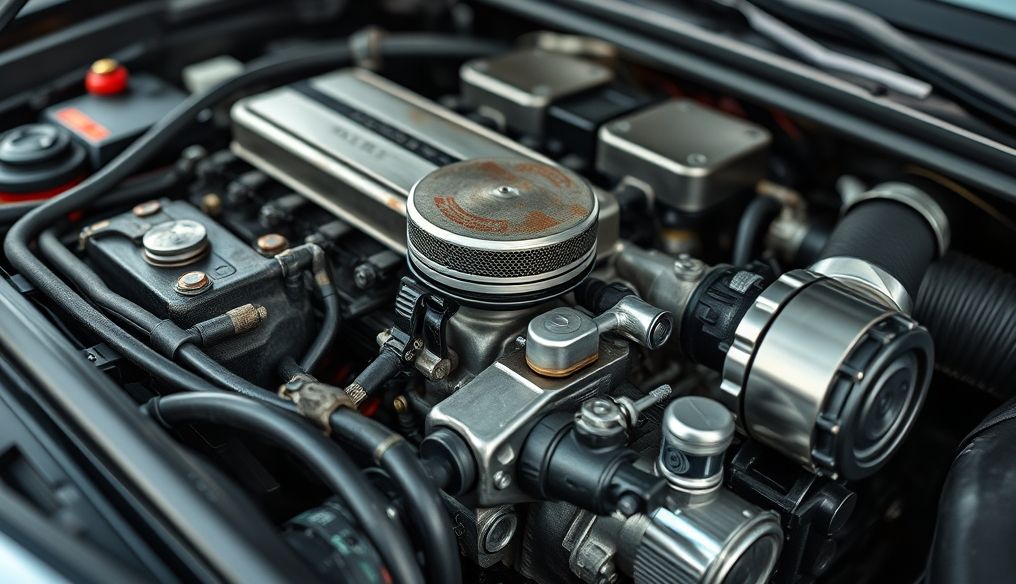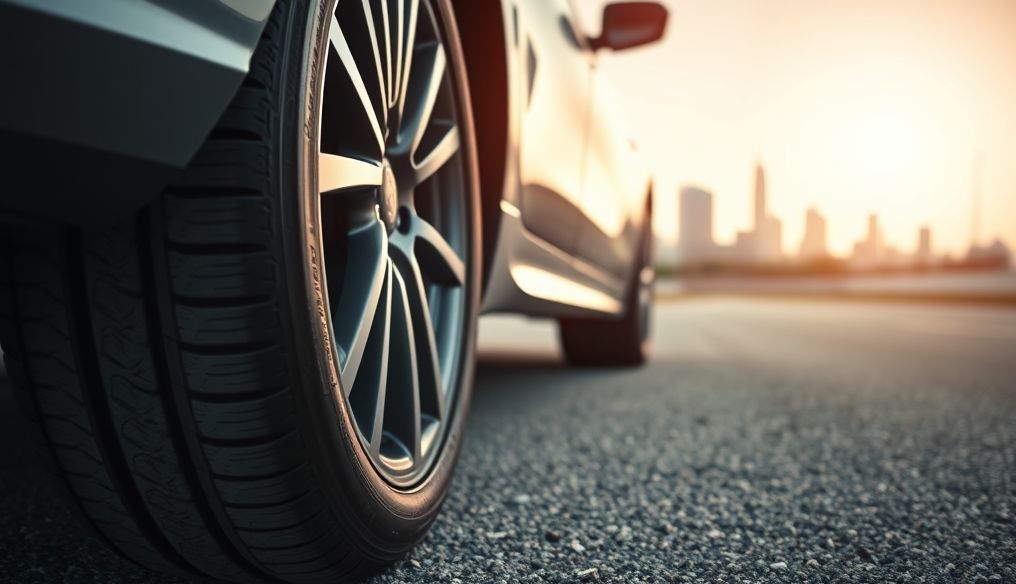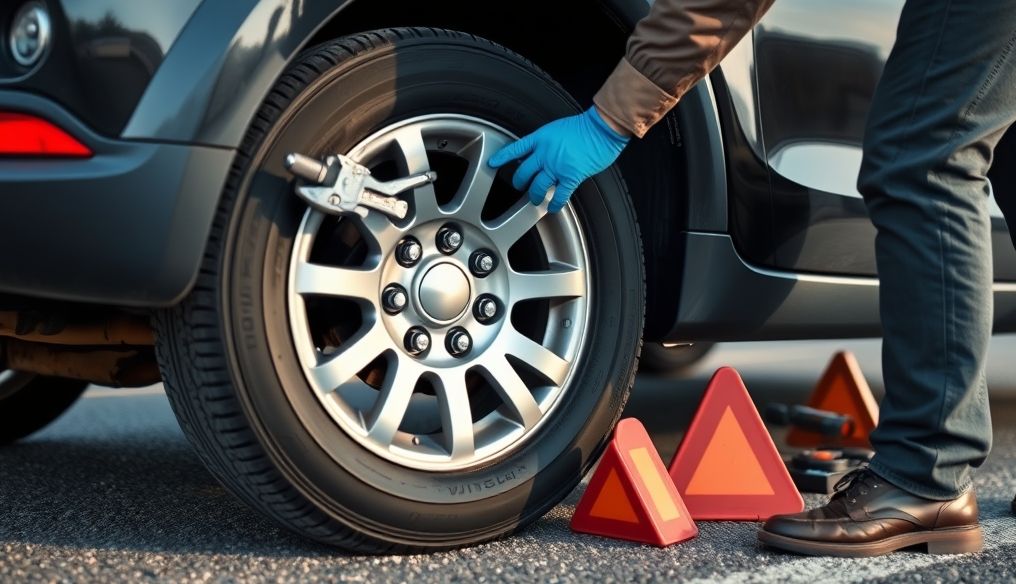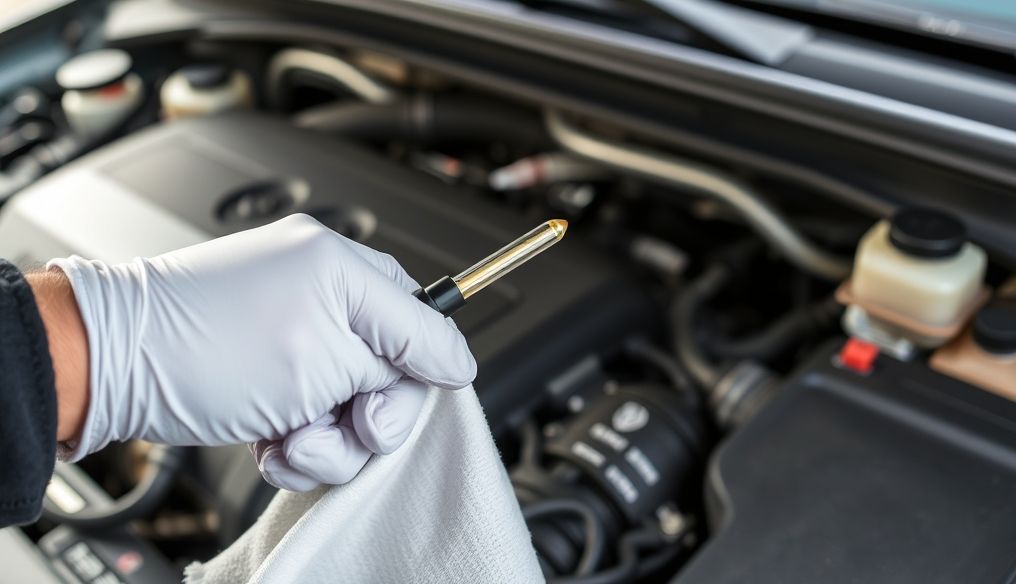Does Sports Car Driving Harm Your Engine in the Long Run?
Sports car driving, characterized by strong acceleration, sudden braking, and sharp turns, is an exciting and enjoyable driving style. However, this style raises questions about its long-term impact on the car's engine and other components. Does enjoying sports driving necessarily mean reducing engine life and increasing maintenance costs? This article will address this topic in detail, considering mechanical, engineering, and economic aspects.
What is Sports Car Driving?
Sports car driving is not just about driving fast. It's a driving style that focuses on:
- Strong Acceleration: Reaching maximum speeds in the shortest possible time.
- Sudden Braking: Using the brakes forcefully to reduce speed quickly.
- Sharp Turns: Maneuvering the car sharply in corners.
- Frequent Speed Changes: Shifting gears quickly to maintain engine power.
- Driving at High Speeds: Exceeding recommended speeds on highways.
This style of driving puts significant stress on the car's engine, suspension system, tires, brakes, and transmission.
Impact of Sports Car Driving on the Engine
1. Increased Engine Wear
Sports car driving increases the wear of internal engine parts, such as:
- Pistons and Rings: Strong acceleration and sudden braking put extra pressure on the pistons and rings, leading to faster wear.
- Crankshaft Bearings: Driving at high speeds increases the pressure on the crankshaft bearings, leading to wear and reduced lifespan.
- Valves: Frequent speed changes and driving at high speeds affect the valves, increasing the likelihood of damage.
Statistic: A study by the University of Michigan showed that sports car driving can increase engine wear by up to 30%.
2. Increased Engine Temperature
Sports car driving causes the engine temperature to rise significantly. This rise in temperature can lead to:
- Engine Oil Degradation: High temperatures reduce the viscosity of engine oil, reducing its ability to lubricate engine parts effectively.
- Cooling System Damage: Excessive pressure on the cooling system can damage the radiator or water pump.
- Cylinder Head Cracking: In extreme cases, high temperatures can lead to cylinder head cracking.
Tip: Use high-quality engine oil suitable for sports car driving to help maintain the engine temperature within safe limits.
3. Increased Fuel Consumption
Sports car driving leads to a significant increase in fuel consumption. Strong acceleration and sudden braking require large amounts of fuel. Driving at high speeds also increases fuel consumption due to air resistance.
Example: A car that consumes 10 liters of fuel per 100 kilometers in normal driving may consume 15 liters or more in sports car driving.
4. Increased Stress on the Exhaust System
Sports car driving puts extra stress on the exhaust system, which can lead to damage to the catalytic converter or muffler.
Impact of Sports Car Driving on Other Vehicle Components
1. Suspension System
Sports car driving increases the stress on the suspension system, leading to faster wear of the shock absorbers and joints. Sharp turns also increase the pressure on the steering system.
2. Tires
Sports car driving leads to faster tire wear. Strong acceleration, sudden braking, and sharp turns cause the tires to rub against the road more, reducing their lifespan.
3. Brakes
Sports car driving increases the pressure on the brakes, leading to faster wear of the pads and discs. Sudden braking generates high heat in the braking system, which can lead to damage.
4. Transmission
Sports car driving puts extra stress on the transmission, whether manual or automatic. Frequent gear changes and driving at high speeds can lead to damage to the gears or clutches.
How to Reduce the Impact of Sports Car Driving on Your Car?
If you enjoy sports car driving, there are some things you can do to reduce its impact on your car:
- Use High-Quality Engine Oil: Choose an engine oil designed for sports car driving and change it regularly.
- Maintain the Cooling System: Make sure the cooling system is working properly and check it regularly.
- Inspect Tires and Brakes Regularly: Make sure the tires are in good condition and the brakes are working properly.
- Perform Regular Car Maintenance: Follow the maintenance schedule recommended by the manufacturer.
- Don't Drive Sportily Excessively: Drive sportily in moderation and enjoy normal driving most of the time.
Conclusion
Sports car driving can harm the car's engine and other components in the long run. However, you can reduce this impact by using high-quality engine oil, maintaining the cooling system, inspecting tires and brakes regularly, performing regular car maintenance, and not driving sportily excessively. Remember that moderation is key to keeping your car in good condition and enjoying driving for years to come.
Additional Resources:
- Articles about car maintenance
- Car forums
- Websites of car manufacturers




